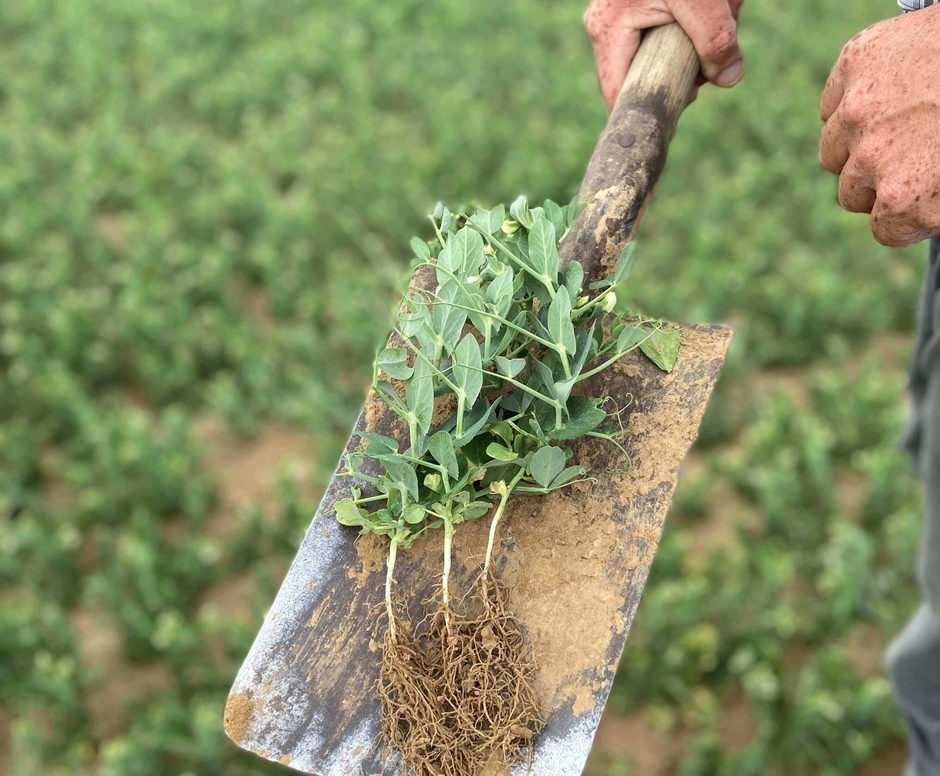The “Living Soil” project, Bonduelle partners with Earthworm Foundation

“The vision shared by the project’s stakeholders is that living soil nourishes and protects plants, farmers and society. Everything is connected.”
Emmanuelle Poujaud, Agronomy-Environment Project Manager
Restoring the natural fertility of soils by promoting their biodiversity and combating climate change are the challenges taken up by the “Living Soils” project, launched in France in 2018 by the Earthworm Foundation. Learn more about this project, which Bonduelle has chosen to join as a partner, in an interview with Emmanuelle Poujaud, Agronomy-Environment Project Manager, Bonduelle Group.
Why did you choose to get involved in the Living Soil project alongside the Earthworm Foundation ?
The project’s ambition is to put soil preservation back at the heart of production systems: it aims to accelerate the adoption of agricultural practices that improve soil fertility. The project’s methods seemed to us to be up to this central challenge: different players in the food value chain are involved, in a spirit of openness and co-construction, which corresponds to our vision of agriculture. In addition to the vegetable sector, other agricultural sectors are also involved, because on the same field vegetables and then cereals, for example, are grown, which makes joint efforts essential. Finally, the work is based on the advice of recognized experts and aims to develop robust methodologies. The vision shared by the project’s stakeholders is that living soil nourishes and protects plants, farmers and society. Everything is connected.
What are the main lines of work of this pilot project initiated in the north of France ?
The first line of work is the development of support methods for farmers, to encourage the adoption of alternative farming techniques such as reducing mechanical tillage or protecting the soil with plant cover. Another practice encouraged is the cultivation of a wider variety of species. Bonduelle’s presence and the diversity of its crops contribute to this.
The second area of focus is to better encourage and remunerate farmers by creating tools to enhance the value of the ecosystem services given to society. For example, the work is aimed at introducing the “living soil” criterion into the specifications of agribusinesses.
What is the “living soil” criterion ?
The aim is to define a soil quality assessment system, similar to a Nutri-score, a real tool for dialogue between stakeholders and steering, so that farmers are no longer recognised only by criteria linked to agricultural yields but also by their ability to preserve or even improve soil fertility for future generations. In addition, we are working on a robust methodology for assessing the carbon stored in soils, which contributes to climate change mitigation, in order to remunerate producers for this ecological service returned to society and encourage as many people as possible to change practices.
To conclude
As an agro-industrial player in the plant sector, our credo “La nature, notre futur” takes on its full meaning and is widely shared with our farming partners, whose soils are their most precious capital.